US intervention root cause of crisis in Lebanon: Hezbollah parliamentary bloc
The parliamentary bloc of the Lebanese Hezbollah resistance movement says US intervention in the Lebanon is the root cause of the ongoing political crisis in the West Asian country.
The Loyalty to the Resistance Bloc at the Lebanon parliament made the remarks in a televised statement released on Thursday, saying, “We condemn US intervention in Lebanon, which is the root cause of the current chaos.”
The statement then touched on the resignation of Prime Minister Saad al-Hariri after a spate of street protests engulfed the capital Beirut, saying that his resignation wasted the time needed to implement the package of reforms, widely seen as fundamental to steer the cash-strapped Arab country out of an economic collapse.
The Loyalty to the Resistance Bloc further stated that Hariri’s decision to step down also wasted the time required in order to approve the 2020 state budget.
“We hope that binding parliamentary consultations will follow their normal course in a bid to form a government. We call on the security services and the army to carry out all their responsibilities to ensure the security of citizens, and not to leave them unprotected,” the statement added.
Hezbollah's parliamentary wing then called on the governor of Lebanon’s Central Bank, Riad Salameh, to take practical measures to prevent an economic collapse.
Hariri’s resignation was 'no secret' to Lebanon political parties
Meanwhile, Lebanon's Arabic-language al-Joumhouria daily newspaper, citing unnamed sources close to Hariri, reported on Thursday that all political parties in the country were aware of his decision, which was being deliberated.
“It (the decision) was made in Lebanon. There was no need to act surprisingly,” the sources said.
They noted that Hariri did not insist on staying in power, “but he would not hesitate to assume responsibility if re-appointed prime minister.”
France urges Lebanese authorities to accelerate govt. formation
Separately, France’s Foreign Minister Jean-Yves Le Drian urged Lebanese officials to expedite the formation of the government.
“Following the resignation of PM Saad Hariri, it is essential for the future of Lebanon to accelerate the formation of a government that can proceed with the necessary reforms the country needs,” Le Drian said in a statement released on Thursday.
#Liban
— France Diplomatie🇫🇷 (@francediplo) October 31, 2019
Déclaration de @JY_LeDrian:
À la suite de la démission de @saadhariri le 29 octobre, il est essentiel pour l’avenir du Liban que soit rapidement formé un gouvernement qui soit en mesure de conduire les réformes dont le pays a besoin.
☞ https://t.co/MTCOoUXUec pic.twitter.com/SBR0w7XWMr
He added that the Lebanese citizens’ right for peaceful demonstrations must be preserved.
Hariri submitted his resignation to President Michel Aoun on Tuesday.
Under the constitution, Hariri’s cabinet would stay on in a caretaker capacity until a new government is formed.
For thirteen days, Lebanese from across the country's sectarian and political divides had been pouring onto the streets and blocking major roads to call for the resignation of the government ,and for the ruling elite to be held accountable for decades of corruption.
The protests began on October 17 when the government proposed imposing a tax on Whatsapp calls, along with other austerity measures.
Salameh on Monday dismissed reports that Lebanon’s economy will collapse in a matter of days in the wake of anti-government protests.

“I am not saying that we are going to have a collapse in a matter of days. I am saying we need to have a solution in a matter of days to regain confidence and avoid collapse in the future,” Salameh said in an interview with CNN television news network.
The senior Lebanese monetary figure underlined that a “solution” to the crisis is needed within days in order to restore confidence and avoid a collapse.
Growth in Lebanon has plummeted in the wake of endless political deadlocks and an economic crisis in recent years.
The country hosts 1.5 million Syrian refugees, and their presence is often blamed for putting pressure on the already struggling economy.
Unemployment stands at more than 20 percent, according to official figures.
The Lebanese Finance Ministry says the national debt is hovering around $85 billion, which accounts for more than 150 percent of Gross Domestic Product (GDP).
Successive governments have failed to address a waste management crisis or improve the electricity grid, which is plagued by daily power cuts.
Hezbollah official warns US strike on Iran could ‘trigger volcano’ in West Asia
Hamas never agreed to lay down arms in truce talks: Official
VIDEO | Iraqi political blocs denounce Trump’s interference in domestic affairs
China warns US against war on Iran, slams Washington militarism at UN
Pezeshkian orders public release of names of recent riots victims
VIDEO | Press TV's news headlines
Iran to start no war, but Armed Forces poised to defend homeland: Govt. spokeswoman
VIDEO | UNMHA exit: A legacy of failure in Hudaydah as violations persist


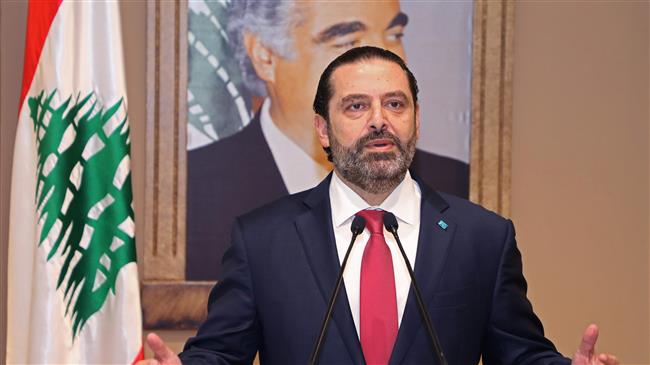



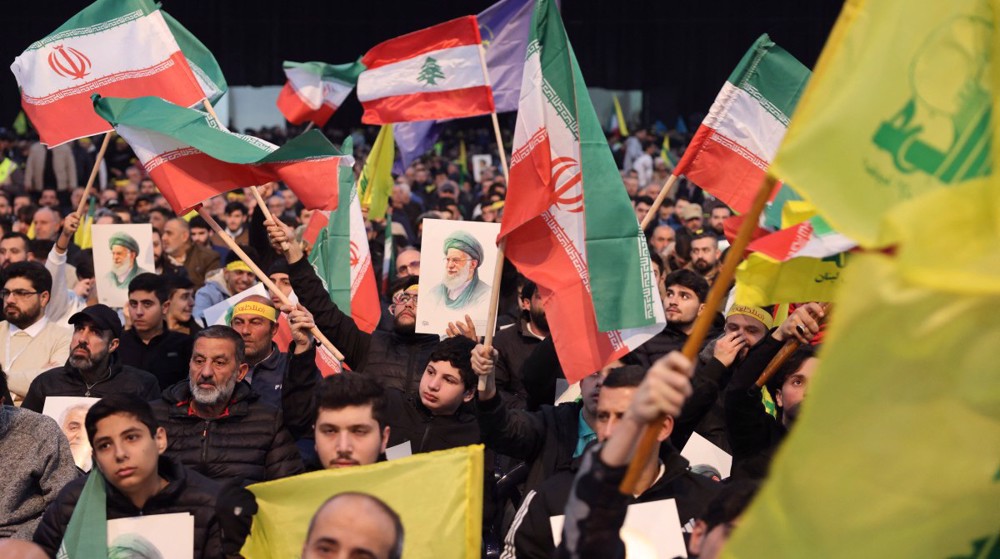
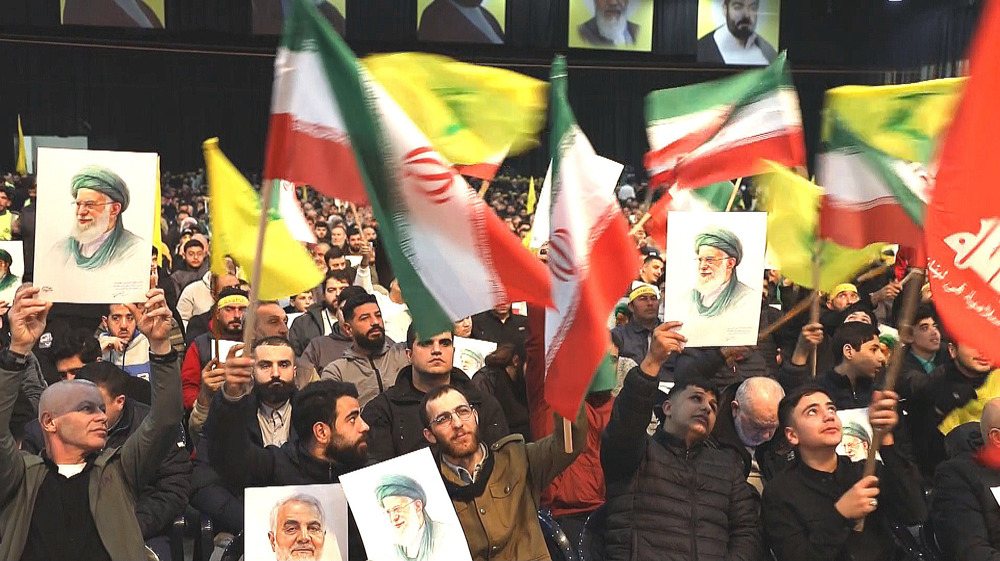
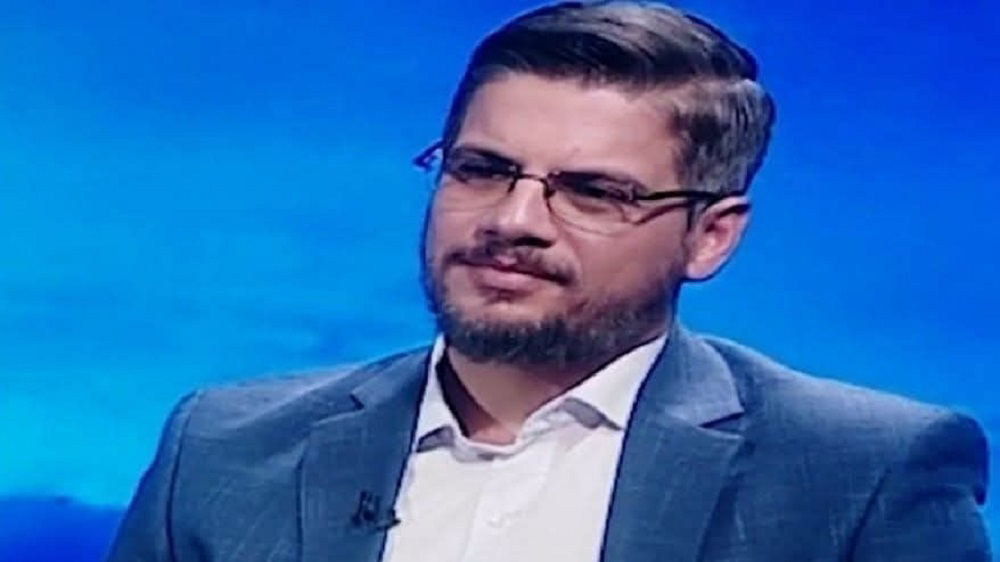








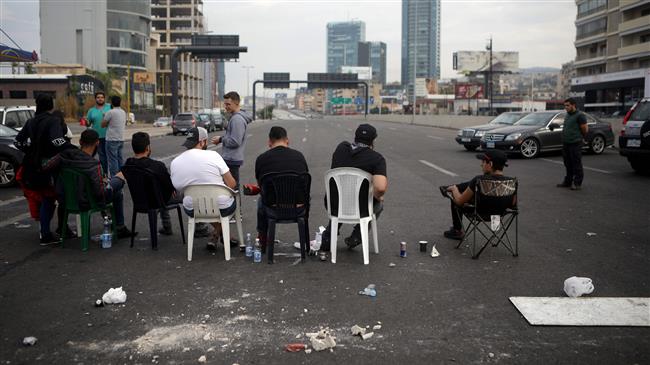
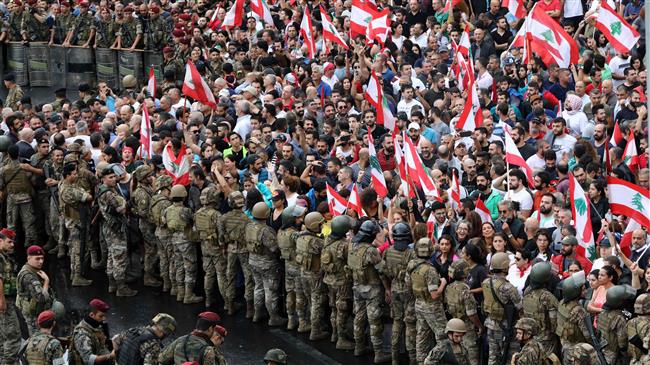

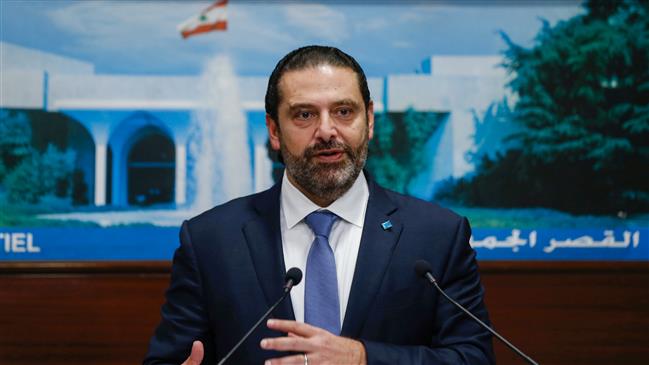


 This makes it easy to access the Press TV website
This makes it easy to access the Press TV website